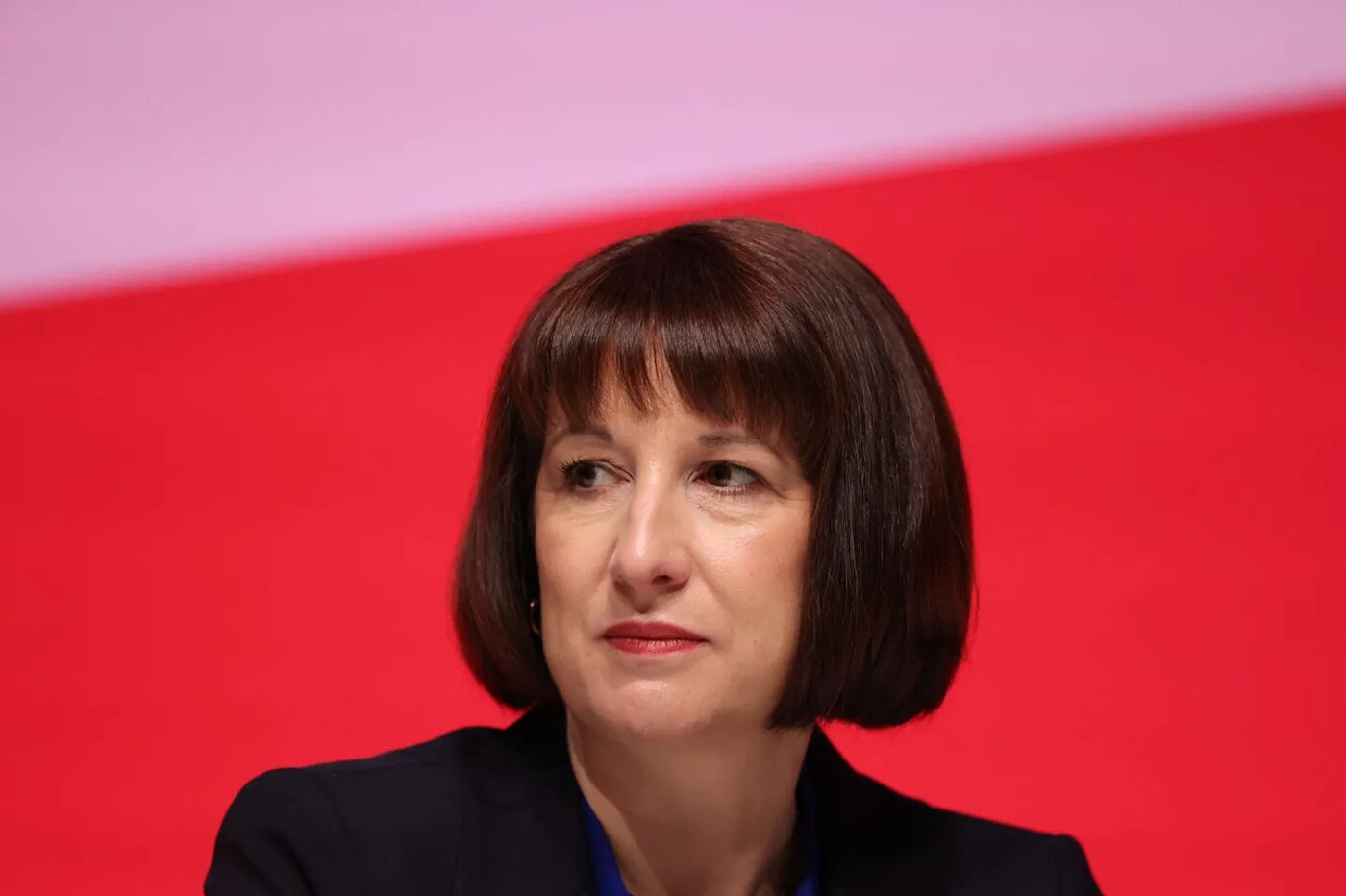Reeves Considers Tax Rise to Plug £30bn Deficit
Chancellor Rachel Reeves is reportedly weighing up an increase in the basic rate of income tax in next month’s Budget, a move that could raise over £8 billion a year but break Labour’s key manifesto promise. The Treasury is said to be engaged in a “live debate” over whether a 1p rise from 20% to 21% is the only way to stabilise the public finances.
Labour’s leadership faces mounting pressure to address an estimated £30bn black hole caused by slower growth, downgraded productivity forecasts, and rising debt interest costs. Yet the proposal risks triggering political turmoil, as the party previously pledged not to raise income tax, National Insurance, or VAT for “working people.”
How Much the Hike Could Cost You
The proposed increase could leave millions of Britons hundreds of pounds worse off. Analysis suggests that a worker aged 21 or older earning the national minimum wage of £23,809 would pay around £112 more per year, while someone on a £40,000 salary would see an additional £274 deducted annually.
For higher earners, Reeves is reportedly considering increasing the 40% and 45% tax rates on income above £50,000 and £125,000, respectively measures that could yield an extra £2bn to £230m each year. However, economists warn that even these increases may not be enough to plug the deficit fully.
Labour Faces Political Fallout
The potential income tax rise poses severe political risks for Labour. Voters are already frustrated by the cost of living, and experts warn that any perceived betrayal of Labour’s promises could push support toward Reform UK and other opposition parties.
The danger was made clear last week when Labour was pushed into third place in the Caerphilly by-election a humiliating defeat in a long-time Labour stronghold. Analysts fear that breaking another tax promise could erode the party’s fragile trust with middle-income voters.
Economic Pressures Mount on Treasury
The Office for Budget Responsibility’s (OBR) recent downgrade of the UK’s productivity growth has left Reeves with fewer options to balance the books. The revision alone could cost the Treasury £20 billion annually by the end of the forecast period.
Adding to the challenge are policy reversals, including scrapping welfare cuts, reversing winter fuel reductions, and potentially lifting the two-child benefit cap. Combined, these commitments place extraordinary pressure on Reeves to raise new revenue without spooking markets or alienating voters.
Balancing Fiscal Discipline and Political Survival
Treasury insiders say there is a growing split within government over how much “headroom” Reeves should create in her fiscal plans. One adviser told : “No one wants another £10bn buffer. The argument is to go higher now so we don’t have to come back later.”
But such a move would likely force Reeves to breach her manifesto commitments, inviting fierce criticism from both the Conservatives and within Labour ranks. Some MPs argue that a tax hike on income would be a “disastrous signal” that could permanently damage Labour’s credibility.
Breaking Promises or Buying Time?
Reeves has already faced accusations of backtracking after increasing employers’ National Insurance last year. Her allies argue that bold fiscal steps are needed to prevent repeated tax rises throughout this Parliament. Critics, however, say another broken promise could destroy public confidence.
“The optics of this would be terrible,” said one Labour insider. “Raising taxes on working people while the cost of living remains high would look like the ultimate betrayal.” Whether Reeves takes the gamble may determine not only her reputation but Labour’s hold on power.











